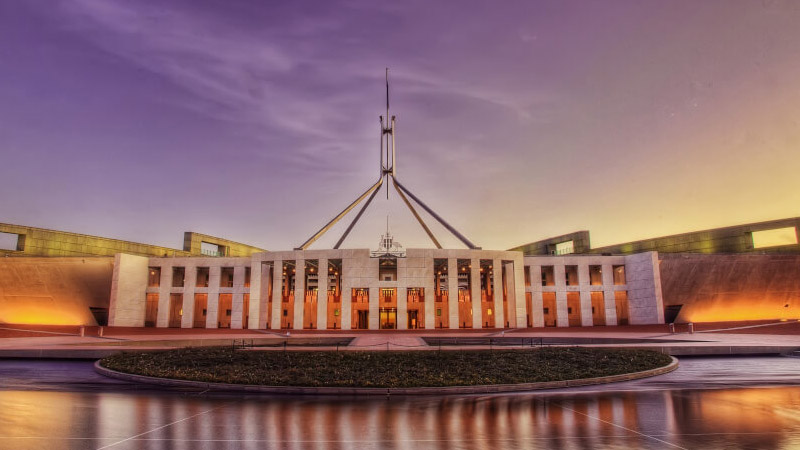SG amnesty to become law after passage through Parliament
The superannuation guarantee amnesty bill has passed both houses of Parliament, allowing employers up to six months to disclose historical non-compliance before tougher penalties apply.
The Treasury Laws Amendment (Recovering Unpaid Superannuation) Bill 2019 has now been passed and is awaiting royal assent.
The amnesty period will start from 24 May 2018 and end six months from the date it receives royal assent.
The new legislation will also impose minimum penalties on employers who fail to come forward during the amnesty period by limiting the commissioner’s ability to remit penalties below 100 per cent of the amount of SG charge payable.
Around 7,000 employers have since come forward to voluntarily disclose historical unpaid super since the amnesty was first announced on 24 May 2018.
Treasury estimates an additional 7,000 employers will come forward during the six-month amnesty period, returning $230 million of superannuation to employees who may have otherwise completely missed out.








